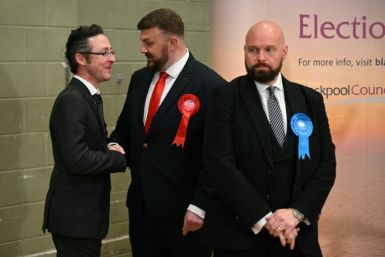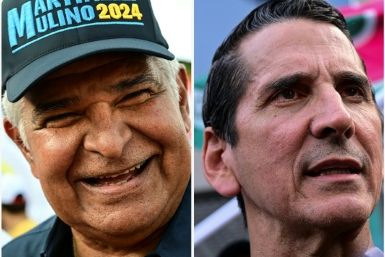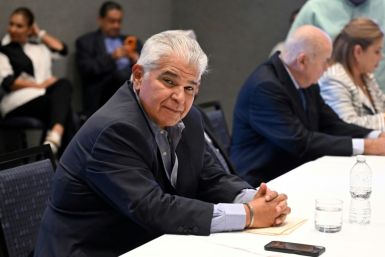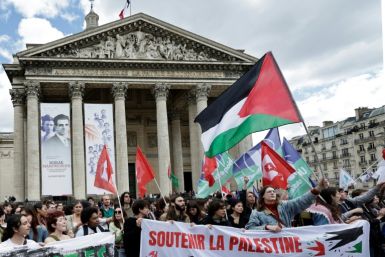Sydney Siege Survivor Louisa Hope Who Was Used as ‘Human Shield’ By Man Haron Monis Refuses Financial Public Help, Paid Interviews
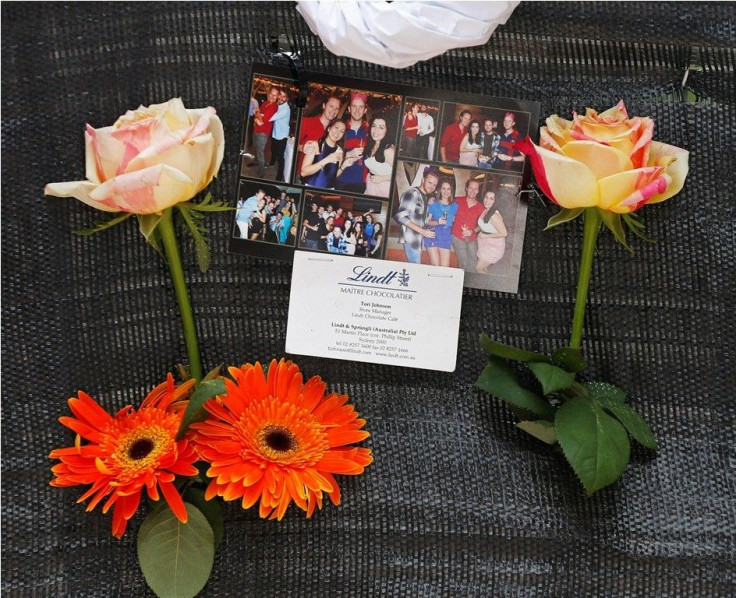
Sydney Siege survivor Louisa Hope has turned down offers of financial assistance from the public. The 50-year-old former bank executive was allegedly used by hostage-taker Man Haron Monis as a human shield because she has multiple sclerosis, and therefore would not be able to fight back.
While some of her fellow victims sold their stories in the media for a hefty price, Hope not only turned down financial offers, she also closed down a charitable account set up by her friends. The account, which was supposed to help her recover from the ordeal, has had $4,000 in it. According to Craig Wallace, the president of People with Disability, Hope didn’t want to exploit her experience.
“She doesn’t want to be seen to be exploiting the situation and is really appropriate in what she does,” Wallace told the Daily Telegraph. “She already has to walk with a cane, and she is going to need a lot of support to get her back on her feet.”
Hope was with her 68-year-old mother Robyn at the Lindt Chocolate Café when Monis stormed the Martin Place establishment and took 18 staff and customers hostages. When some of the hostages were able to flee the premises to safety, Hope couldn’t join them, while her mother refused to leave her behind. Robyn was said to be a vocal critic of Monis throughout the 16-hour siege from December 15 to the early hours of December 16.
Both mother and daughter were hurt in the attack, with Hope being shot in the foot, and Robyn taking a bullet in the shoulder. They have refused all media requests for interviews.
As with the other victims of the Sydney tragedy, they are entitled to compensation of $1500 and medical assistance up to $30,000 under the NSW Victims Rights and Support Act 2013. The amounts are paltry compared to how much some of the victims have reportedly been paid for their exclusive TV interviews.
Marcia Mikhael was said to have been paid $400,000 for an interview with Channel 7, while John O’Brien apparently received $100,000. Nine Network also reportedly shelled out a substantial sum for a deal with café staff Fiona Ma, Harriette Denny, Joel Herat and Jarrod Morton Hoffman.
Former Victoria Premier Jeff Kennett recently criticised the survivors for selling their stories to the media for the highest amount. As he noted, two hostages – Katrina Dawson and Tori Johnson – lost their lives during the fateful event, and it didn’t seem “morally right” for the other victims to take advantage of the situation.


